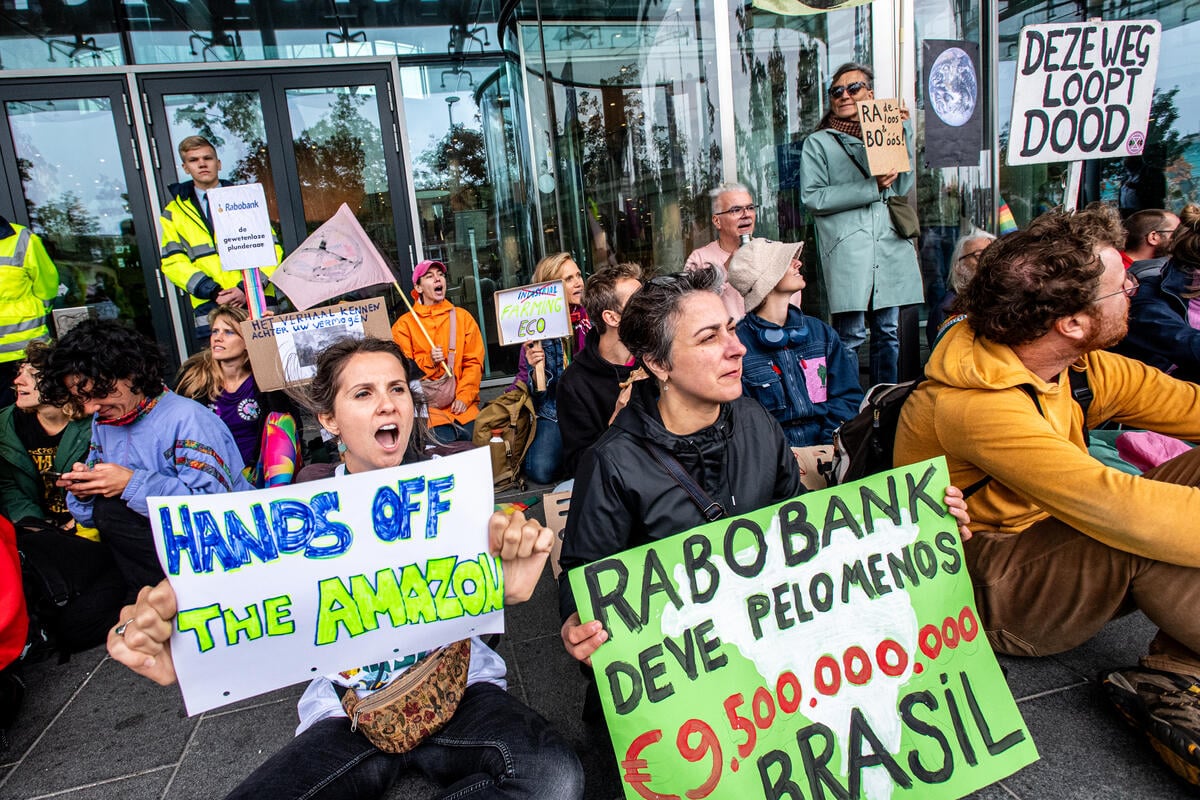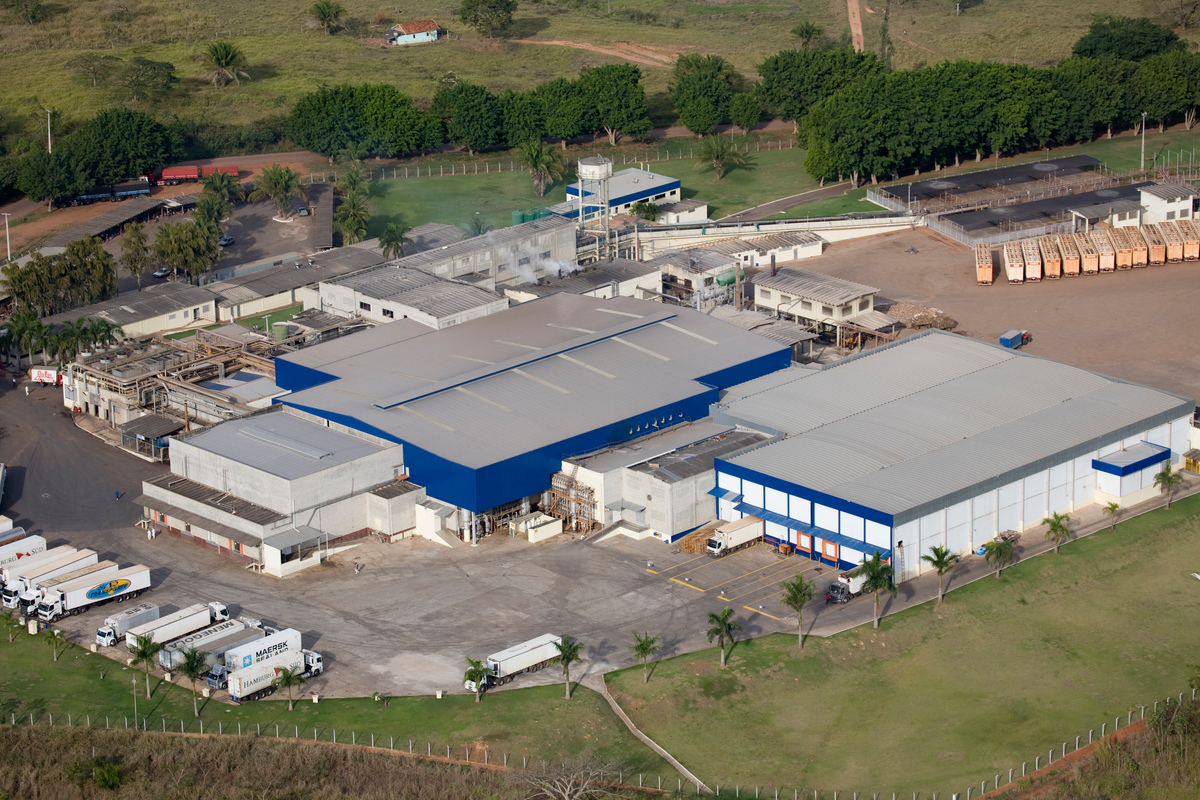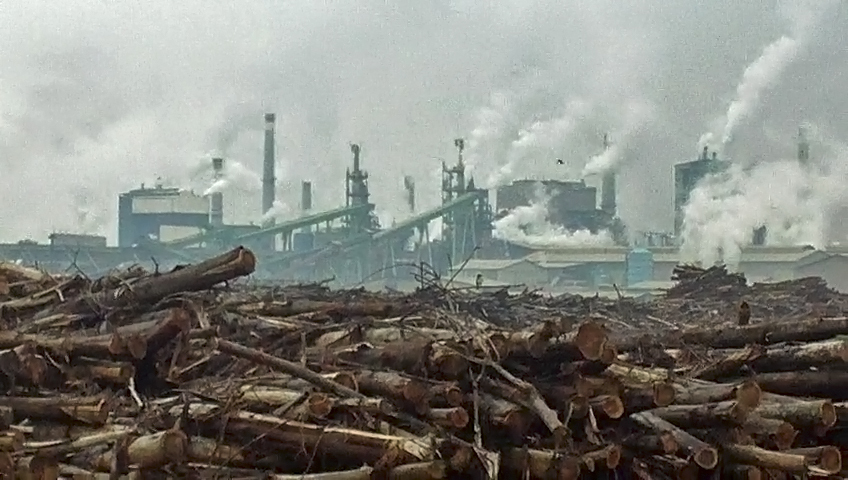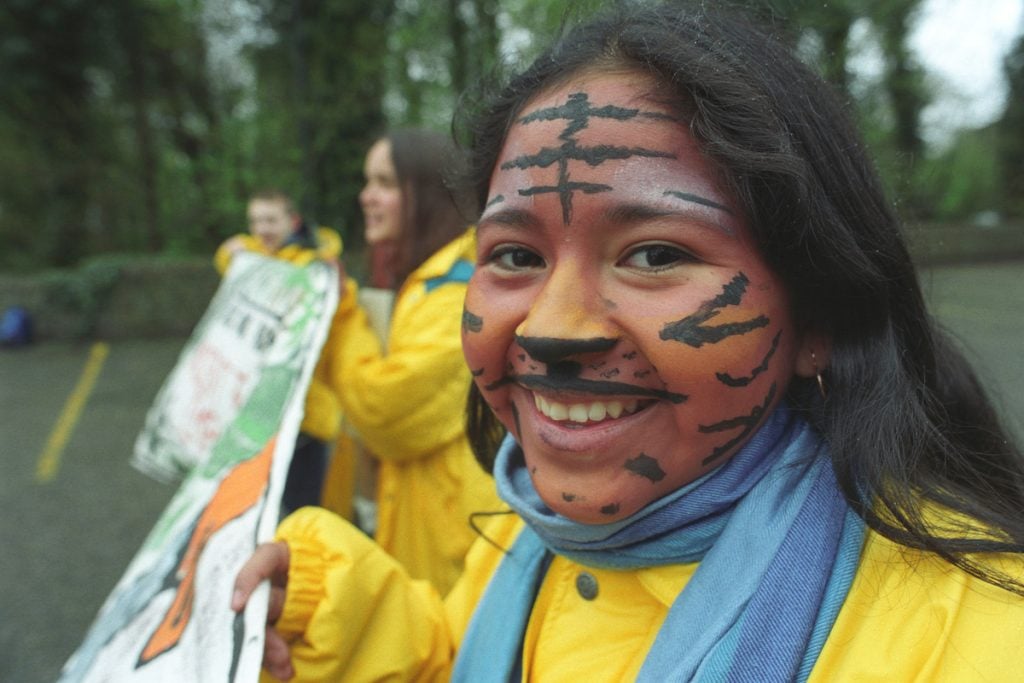
Money makes the world go down. The 2015 Paris Climate Agreement and the less well known 2022 Kunming-Montreal Biodiversity Framework (KMGBF) have provided governments and the international community the political means to tackle the intertwined climate and biodiversity crisis. But whilst the commitments are in place, the political will needed to implement them is largely lacking, particularly when it comes to holding to account the financial enablers of companies that still profit from activities driving nature destruction and climate change.

The European Union presents itself as a role model in tackling biodiversity loss, but a closer look behind the glossy PR facade shows that when it comes to finance, it’s still very much business as usual: EU banks and finance institutions are bankrolling nature destruction on a global scale.
European banks give billions to environmentally destructive activities
According to a new research Greenpeace International published together with Milieudefensie (Friends of the Earth Netherlands), Harvest, Global Witness and supported by 16 other NGOs, since 2015, European banks have lent almost €256 billion ($278 billion) to major corporations active in sectors like soy, palm oil and cattle, that put rainforests, savannahs and other climate critical natural ecosystems at risk.

The businesses receiving funding from banks in the EU include the Brazilian livestock giant JBS, US-based food commodities company Cargill, and Indonesian conglomerate Sinar Mas, all corporations with reported links to recent nature destruction.
The EU is the second-largest global financial hub bankrolling these commodity sectors that are pushing precious and essential nature areas and critical forests past a point of no return. The new report shows that the EU finance sector, including banking giants such as BNP Paribas, Santander, Deutsche Bank, Rabobank and ING group, provided a staggering 22.1% of total global credit between 2016 and early 2023 to major corporate players in these sectors. The vast majority (86.6%) of this credit came from banks based in France, the Netherlands, Germany and Spain. Banks, pension funds, and asset managers based in the EU also provide 9.4% of current global investments to these “ecosystem risk sectors.”

The EU must tackle the impact of its finance sector on nature around the world
The paradox is that the EU has landmark legislation, the EU Deforestation Regulation (EUDR), which applies to commodities such as soya, palm oil and beef, to ban from its market products derived from these commodities when they are associated with deforestation. The EUDR, at present, does not regulate the finance sector. However, a targeted review will soon take place giving the European Commission a golden opportunity to table a legislative proposal to close this loophole and to tackle the EU finance sector’s impact on nature around the world.
We are facing extreme weather raging across Europe and the world. New heat records occur on a regular basis, as do droughts and floods which hurt farmers. It is incomprehensible to exclude the finance sector from environmental regulations such as the EUDR and to let banks get away with business as usual.
In order for countries to meet their targets in line with the 2015 Paris Climate Agreement and the KMGBF agreements, the expansion of industrial feed, livestock, palm oil and paper and pulp into forests and natural ecosystems must be halted and the damage done must be reversed urgently. In order to stay below 1.5 °C, halt biodiversity loss, and protect us against extreme weather and impacts of a heating planet, we must stop financial services like credit, underwriting and investment to corporations linked to ecosystem destruction.
Clearly, what the world needs beyond a radical regulation of the international financial system is a shift in consciousness of who is profiting from nature destruction and who is not. Nature is an ally for Indigenous and local communities, it is key for farmers, who rely on soil, sun, rain and water and it is our basis of life. We have to protect and restore nature now and end the greed of companies profiteering from destroying our future. We need to take to the streets and put banks, governments and international conglomerates on notice and demand our governments to finally act and regulate them.
In addition, the EU must take on its responsibility and turn hollow promises into concrete action. Whilst the law to make EU supply chains deforestation-free is a good start, this report reveals just how immense the money flows are to companies and sectors linked to the destruction of forests and other ecosystems. The EU must lift its ambition and fully address its impact by regulating these money flows and funding the protection and restoration of nature – our true wealth that benefits us all.
Sigrid Deters is a biodiversity campaigner at Greenpeace Netherlands.
As long as money keeps flowing towards nature destruction, we can’t solve the climate crisis and reverse biodiversity collapse.







